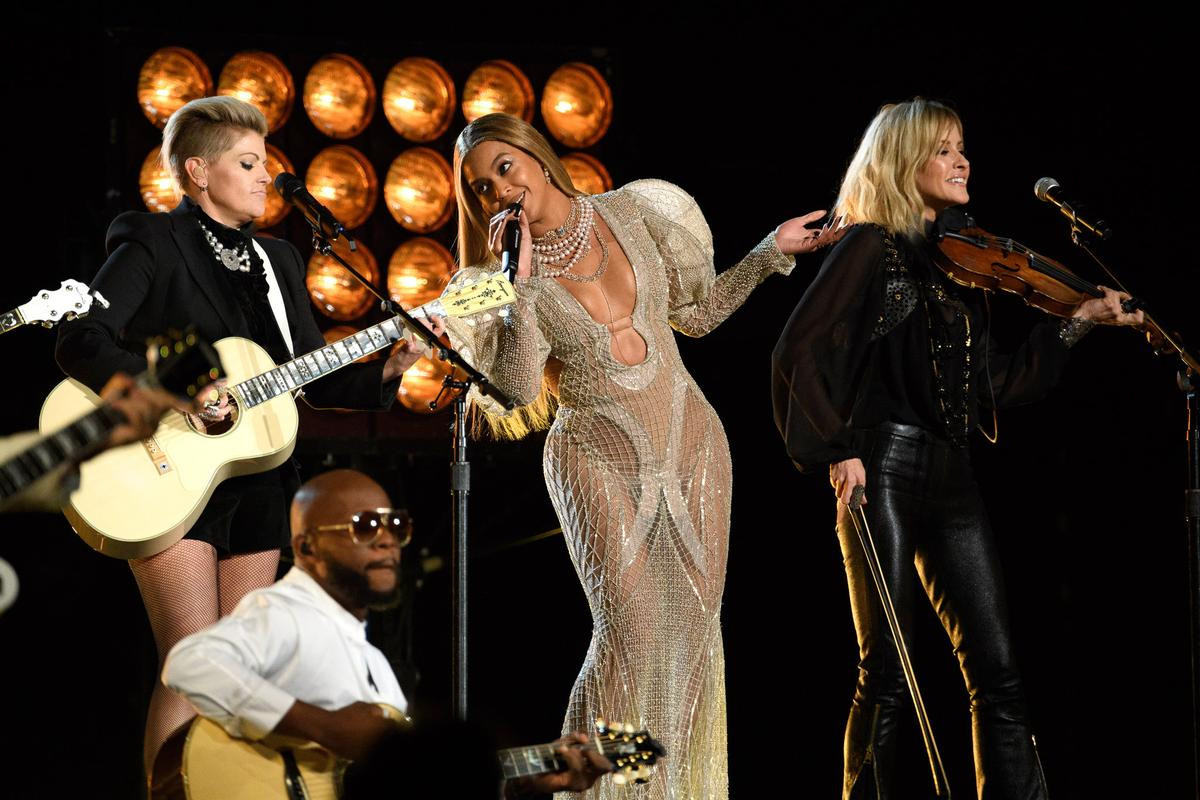
Billy Ray Cyrus, who himself was involved in the “Old Town Road” remix that helped elevate the track to its record-breaking status, took to Instagram after the event to express his disbelief. He wrote, “I was surprised Beyoncé wasn’t nominated. But she knows she doesn’t have to be. Her impact on music is undeniable.” Cyrus’s statement seems to suggest that Beyoncé, being one of the most influential and successful artists in the world, does not require accolades from any single genre-specific institution to validate her artistry. Instead, her influence and contributions speak for themselves across various musical spheres.
Cyrus’s comments are reflective of the growing conversation surrounding genre boundaries in modern music. With the rise of streaming platforms and the widespread blending of musical genres, distinctions between pop, country, hip-hop, and R&B have become increasingly fluid. This cultural shift has allowed artists to reach wider audiences, unconfined by traditional genre labels. However, this integration also raises questions about recognition within established institutions like the CMAs, which have long been regarded as the standard-bearers for country music awards.
In his comments, Cyrus acknowledges that Beyoncé’s absence from the CMA nominations was more about institutional recognition than a reflection of her contributions to country music. His statement implies that Beyoncé, having already achieved legendary status and being an influential figure within popular culture, is not dependent on nominations or awards from the country music establishment. She doesn’t need validation from a genre that may not fully embrace her musical range. “She’s a global icon,” Cyrus wrote, “and the impact she has on music is unmatched. Sometimes you don’t need an award to prove your place in history.”
Billy Ray Cyrus has long been a supporter of breaking down genre barriers. He’s been vocal about his belief in the power of collaboration between artists of all backgrounds, especially in merging country with other genres like hip-hop, pop, and rock. His partnership with Lil Nas X on “Old Town Road” was a prime example of this, where a cross-genre collaboration not only redefined the country genre but also sparked debates about what constitutes “country music.” At the time, “Old Town Road” was controversially removed from the Billboard country charts, despite its overwhelming popularity within the country community, because of its integration of hip-hop elements.
Cyrus has often expressed frustration with country music’s reluctance to embrace diversity and change, but his own career exemplifies the shifting tides within the genre. From his early country roots to his more recent collaborations with artists from various genres, Cyrus has demonstrated how country music can evolve without losing its identity. This perspective of inclusivity is one of the reasons why his remarks on Beyoncé’s absence from the CMA nominations are particularly poignant. He understands the intersection of genres and the need for a more open-minded approach to awards and recognition.

Despite his surprise, Cyrus was careful to express his respect for the CMA organization. His comments were not a direct criticism of the awards themselves but rather an acknowledgment of the system’s limitations when it comes to recognizing diverse influences. “I love the CMAs, and I think they do an amazing job of honoring country music,” he added, “but I also think it’s important that we recognize the artists who are pushing boundaries and making an impact, even if they don’t fit the traditional mold.”
While many fans and critics have supported Cyrus’s comments, others have raised concerns about the growing tendency to disregard genre-specific awards in favor of broader recognition. Some argue that awards like the CMA are necessary to preserve the unique identity and legacy of country music, and that Beyoncé, while a powerful force in the music industry, may not belong in that particular space. However, others see Cyrus’s remarks as a call for a more inclusive future for music, one where genre lines are less rigid and artists can be recognized for their contributions across multiple genres, regardless of whether they strictly fit within a single category.
Beyoncé’s absence from the 2024 CMA Awards has sparked a larger conversation about the evolving nature of music recognition. As more artists experiment with genre fusion and cross-genre collaborations, it remains to be seen how traditional award shows like the CMAs will adapt. For now, Billy Ray Cyrus’s comments highlight an important point: the influence of artists like Beyoncé is undeniable, and while institutional recognition is meaningful, it is not the only measure of an artist’s success or legacy.
In conclusion, Billy Ray Cyrus’s response to Beyoncé’s omission from the CMA Awards reflects both a personal admiration for her artistry and a larger critique of the industry’s traditional boundaries. His respectful yet candid statement serves as a reminder that recognition comes in many forms, and sometimes, artists who transcend genres may not always fit into the confines of a single musical category. Beyoncé’s legacy is already cemented, and as Cyrus suggests, she doesn’t need any more awards to prove it.

Besides the support, many audiences have said that Beyoncé’s Cowboy Carter was not nominated for this year’s CMA because this album is not a pure country album.
Remember, right at the time Cowboy Carter was released, there was a lot of controversy from music fans, they said that although Beyoncé’s new album has a strong American Western color and has very clear country music elements, Cowboy Carter is a diverse blend of different music genres. Therefore, it is not too difficult to understand why Cowboy Carter was not nominated for an award that focuses on country elements like CMA.








